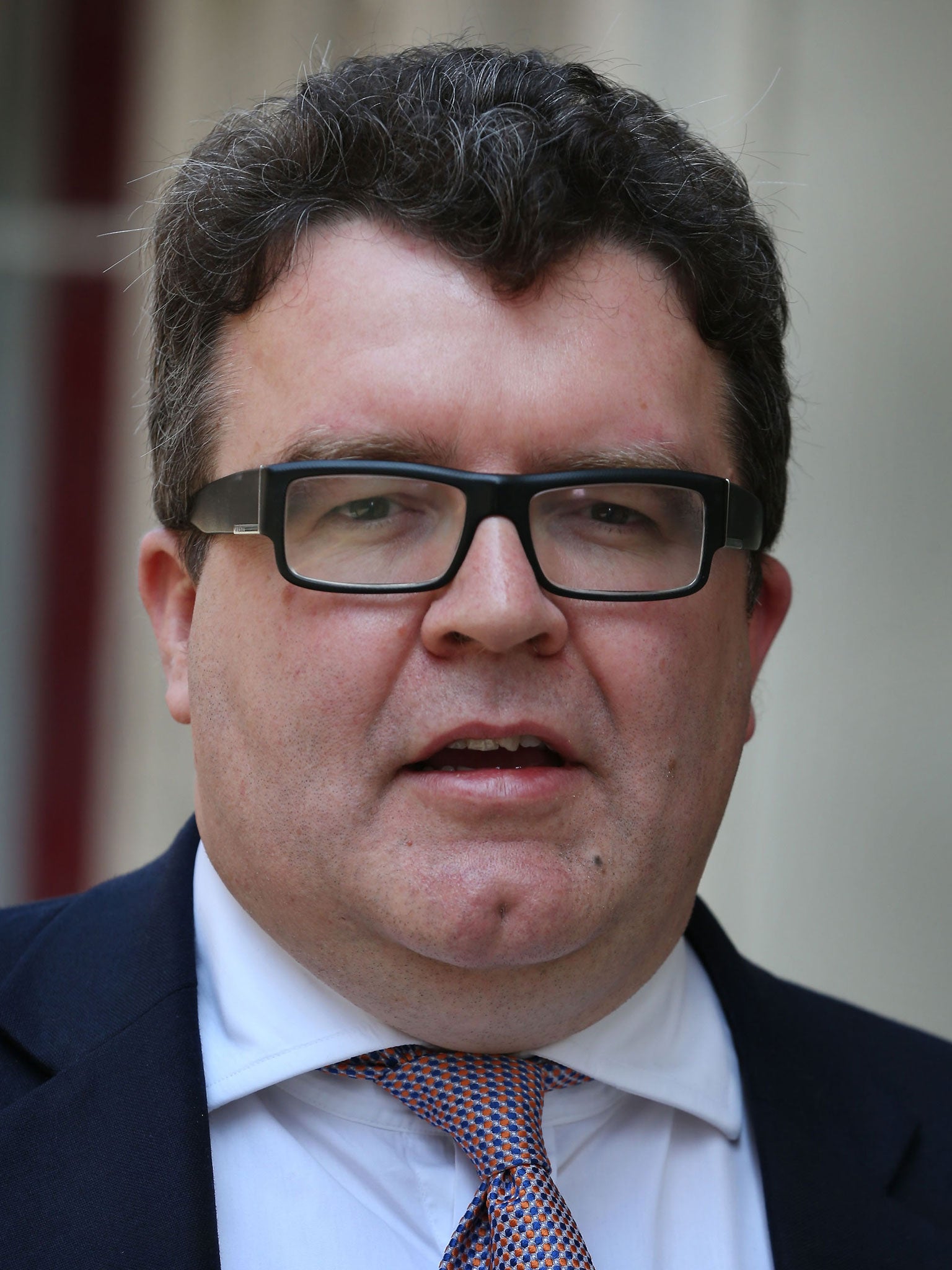Labour MP Tom Watson urges Theresa May to investigate 'suppressed' Leveson evidence

Your support helps us to tell the story
From reproductive rights to climate change to Big Tech, The Independent is on the ground when the story is developing. Whether it's investigating the financials of Elon Musk's pro-Trump PAC or producing our latest documentary, 'The A Word', which shines a light on the American women fighting for reproductive rights, we know how important it is to parse out the facts from the messaging.
At such a critical moment in US history, we need reporters on the ground. Your donation allows us to keep sending journalists to speak to both sides of the story.
The Independent is trusted by Americans across the entire political spectrum. And unlike many other quality news outlets, we choose not to lock Americans out of our reporting and analysis with paywalls. We believe quality journalism should be available to everyone, paid for by those who can afford it.
Your support makes all the difference.The Home Secretary has been asked to investigate whether vital reports and documents in the possession of Scotland Yard were seen in full by Lord Justice Leveson before he reached key conclusions in his report on the press.
The Labour MP and phone hacking campaigner, Tom Watson, wants Theresa May and the Metropolitan Police commissioner Bernard Hogan-Howe to review allegations that an intelligence report compiled by the Met’s anti-corruption officials was not considered when Sir Brian Leveson gave Scotland Yard a clean bill of health in his report.
The internal police report is said to have examined the links between a former Met officer and confidential information he obtained relating to Sir Ian Blair, the then Met boss, which was passed outside the force to journalists working at the News of the World.
Although the Metropolitan Police Service (MPS) confirmed the existence of the 2006 report, it would not comment further than admitting the details were eventually shared with the Leveson Inquiry on a confidential basis.
However, the timing of when Lord Justice Leveson’s legal team were given access to the intelligence file was questioned in a report in the London Evening Standard.
The inquiry’s senior counsel, Robert Jay QC, who will shortly become a high court judge, issued a formal statement yesterday which said that last April – a week after The Independent first revealed details from the suppressed intelligence document – a copy of the report was passed to both Lord Justice Leveson and himself.
The report is said to have examined the civil war inside the Met that undermined the regime of Sir Ian Blair. Reports on key decisions he took, and the difficulties he had in putting into practice the way he wanted to run Scotland Yard, were alleged to have been passed to the NOTW by a force insider.
A statement, issued on behalf of Lord Justice Leveson and Mr Jay, said that while the contents of the report remained confidential, it was understood that “no allegations were made in the report that a named prominent figure within the MPS (past or present) had passed confidential information…”
However the statement said the Inquiry had been given other confidential information from at least two other sources, with one alleging that a senior officer within the MPS had been passing on confidential information. A “relevant” witness, questioned in public during the Leveson hearings, was asked a question on this matter, but denied the allegation, according to Mr Jay.
Had the Inquiry decided to test Scotland Yard further, it would have needed to challenge in court the public interest immunity rules which govern any police intelligence report. But the Jay statement said because of the “particular lack of any allegation” it was decided that the matter would not be taken further. It added: “Specifically, it was decided that it was unnecessary for the inquiry to put the MPS’s ‘public interest immunity’ claim to legal test.”
Despite the assurances and explanation given by Mr Jay, Mr Watson believes the full version of what the Inquiry based its conclusions upon now needs to be examined.
“As David Cameron has said, this Inquiry was supposed to have left no stone unturned,” he said. “I’m sure the current Met commissioner would wish to urgently review what happened.”
Join our commenting forum
Join thought-provoking conversations, follow other Independent readers and see their replies
Comments